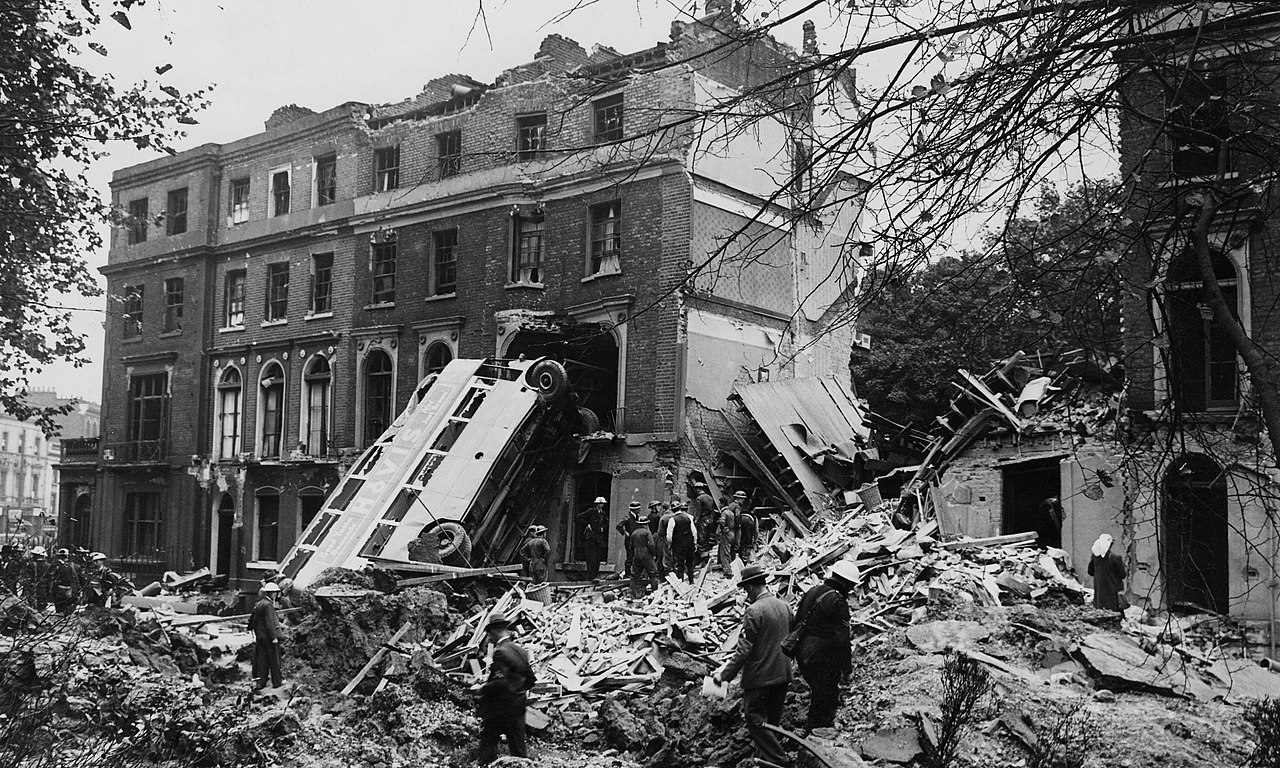Why is it damaging for people to relive their trauma in its immediate aftermath? The principal reason is that we have defence mechanisms for a purpose. It is simply too much. The trauma is so great that the last thing we need to do is go over it in our minds immediately after the event.
Modern neuroscience has backed that up. One of the ways in which we now deal with trauma is to ask people who've seen something awful to play computer games straight away, because that stops them laying down the traumatic memory in a way that is going to be very difficult to overcome in times to come. Distraction at that time is quite a good idea.
Of course, we also treat traumatised people by asking them to remember the trauma. I've treated soldiers coming back from Iraq or Afghanistan who've developed PTSD because they made a terrible error – they shot a civilian; one I remember killed a child by mistake. Sooner or later I'm going to start talking to that person about the trauma, because if I don't do that they will never recover. But I won't do it all in one go. I'll do it over six to 12 weeks. I'll teach them some techniques to reduce the fear, anxiety and horror, not to eliminate these emotions but to give people a way of managing them. And, gradually, they will.
Each time we discuss it in more detail, it will become easier for them to bear. They will never forget their trauma, but they will now be able to overcome their PTSD in a way they couldn't before. That doesn’t happen over one session with a stranger I’ve never met and will never see again. That only serves to retraumatise someone without providing them with the techniques to manage their stress.
A final reason why it’s unhelpful to ask people to immediately relive their trauma is that it may simply be unnecessary. It’s normal to feel distressed, frightened, shaken, unable to sleep and so on when something terrible happens to you. This is not a psychiatric disorder.


